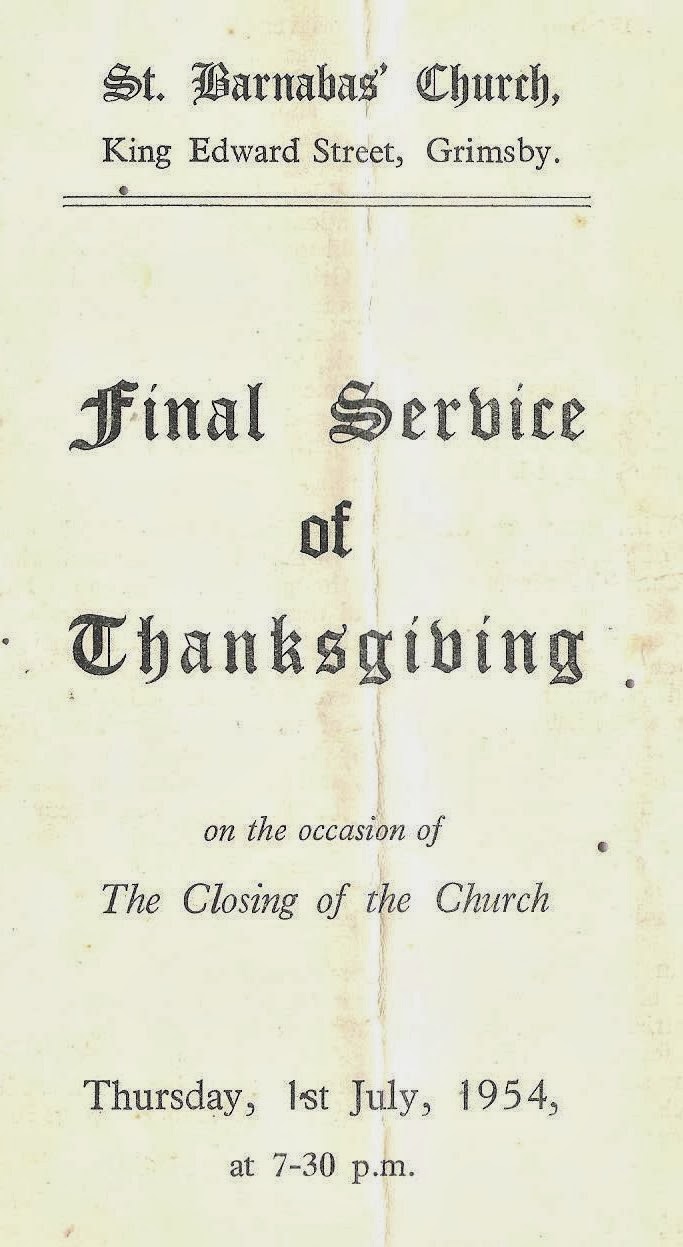The very unfortunate result of this and other dioceses having been caught out in the past by applications for what turn out to be marriages contracted simply to enable foreign nationals to gain rights of residence in this country is that local people who fall in love with foreign nationals without right of residence are still being put through quite disproportionate and even intrusive and apparently prurient processes to check up on them before a marriage licence is issued.
I have recently begun to take another couple through the
process. The legal officers of the
diocese required them to begin the process by submitting a form, writing a further
report on themselves in answer to set enquiry questions (all couched in the
third person, such as ‘For how long have they lived together?’) and writing an
additional supporting letter in which they are guided to duplicate some of the
factual information they would already have given in the form and the report (a
sure indication that the process has not been through) but otherwise simply
encouraged to give unspecified additional information which ‘they feel will
assist their application’ leaving to their imagination what further hidden
criteria they might need to meet or personal disclosure they might need to make. We haven’t yet got to the point where they
hear whether or not they will be summoned to take time off work to travel to
Lincoln to be examined further.
It is true that care in this area, among other things, helps
protect the vulnerable who might be exploited by pressure to enter a sham marriage
and helps prevent a marriage happening and then being broken up by the
deportation of one party, but this comparatively rare truth has made those
responsible for the process deceive themselves into claiming their aim is ‘not to operate a system of immigration
control nor to assist the Border Agency in its oversight of who should be in
the country’ despite the fact the House of Bishops’ guidance to them says the
Border Agency is ‘putting arrangements
in place so that each diocesan registry has a dedicated contact officer
with the Agency’.
These national guidelines from the House of Bishops in 2011 make
clear that those with a residential qualification might insist on their right
to be married following the publication of banns rather than by applying for a
licence, but the legal officers of this diocese insist that no such right
exists. Worse, they have fallen for the
classic legal confusion between being responsible for a process and owning the
process, so the guidance to clergy in this diocese says that ‘the grant of a
common licence is a privilege and not a right’ putting applicants into a
supplicant position.
One of the many strange things about all this is that the
Chancellor of this diocese has actually addressed the Diocesan Synod and
written in the diocesan newspaper about how his personal understanding of law
is about serving people in a way which does not feel legalistic; if he believed
his own rhetoric then it would be easy to construct a two stage process by
which the diocesan registry clears applications in which the initial
information is straight forward and only asks for more when the basic
information raises the possibility that greater assurance is needed. It would also be easy to construct a single
form which then begins with a positive message, collects only the necessary
additional information and does so only once, and doesn’t leave open questions
which make those who fill in the form wonder whether they should be declaring
their sexual history together to justify their supplication for the ‘privilege’
of being married in the Church of England.
Since 2011, there has been significant national Church of
England investment in a ‘Wedding Project’ which has undertaken research with a
whole range of couples who have experienced our ministry and come up with clear
ideas about best practice. One of the
simplest but clearest messages is about the importance of the initial welcome
extended to couples. But this turns out
only to apply to the couples in what the Church of England regards as straight
forward relationships. There was already
the situation when there is a previous marriage to be considered: however hard
one tries, this open welcoming message has always been difficult, and from time
to time couples don’t even take up my offer to meet and talk this through; we
make them feel like supplicants and some appear to feel belittled or rejected
by the suggestion that they need clearing in this way. It is now devastatingly clear that it isn’t
the approach the legal officers want to follow when there is a foreign national
to consider. And, additionally, from later
this week, there will also be a whole category of people (same sex couples) who
can be legally married but who the House of Bishops have written to me to tell
me they would discipline me if I dared welcomed them.
